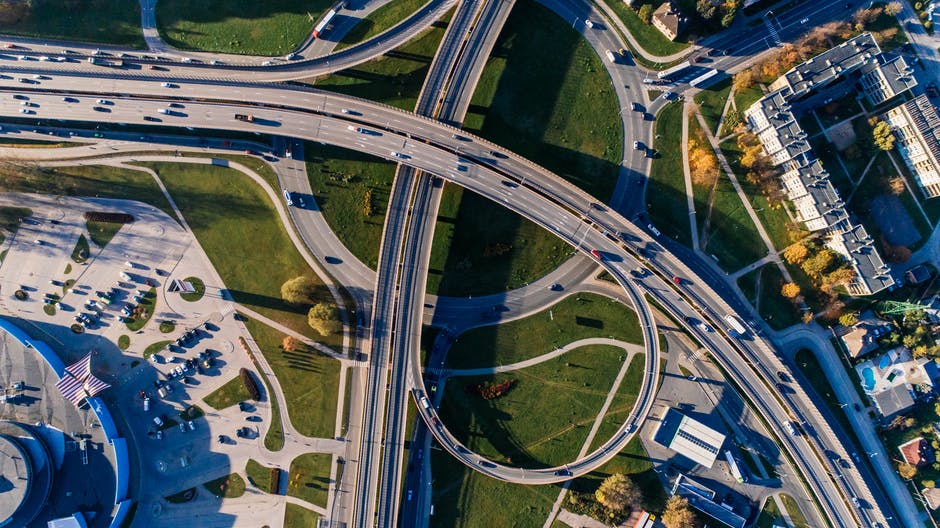Taking a Look at the Future of Automotive Industry in a Post-Coronavirus World
Across Europe, car registrations have fallen by over 75%. That trend has held up globally as fewer people are heading out to dealerships.
Some of that non-buying is due to dealerships being forced closed. Another big factor is that people are saving money due to the uncertainty of when this hardship will be over.
In either case, the automotive industry is taking a huge hit and will have to pivot in the years to come to re-stoke consumer confidence.
But what exactly will that “pivot” look like? What answers will future of automotive industry speculation bare?
While no one knows for sure, we have some speculation to share based on expert opinions, our observations, and consumer sentiment. Here’s what you may be able to expect:
1. Heightened Appreciation for the Environment
Environmental factors may have contributed to the outbreak of COVID. Whether or not that’s true, people will certainly equate the health of our planet with the likelihood of something like this happening again.
To prevent that, we see a shift to eco-friendly vehicles happening by consumer choice and by government mandate. Expect diesel engines to start getting banned and people to begin flocking towards all-electric and hybrid cars.
2. A Push for Automation in the Taxi Space
Before COVID, Uber and Lyft were picking up record numbers of passengers. Some passengers were even ditching their cars altogether in favor of having rideshare operators cart them around.
We see that trend changing as people are going to be skeptical of riding in stranger’s cars.
To combat that sentiment, expect Uber and Lyft to start making more investments in autonomous driving. We see a future where people can get robo-taxi rides that significantly reduce the risk of illness transmission.
3. More Barriers Around Test Drives
It used to be that you could march into an auto dealership and test drive as many cars as you’d like. Given the risk that would present as far as illness transmission is concerned, there will be more guardrails around driving cars you’re considering purchasing.
For starters, you’ll certainly be symptom checked before hopping in a vehicle. Then, you’ll likely need to schedule test drives so dealers can ensure proper wipe-downs between rides to reduce the risk of illness.
4. Interconnection of Data
We never thought we’d see a world where competing companies would collaborate on the sharing of technology and data. Then, Apple and Google came together to create contact tracing software that promised to help identify virus outbreaks.
That putting aside differences for the common good mentality may extend to automakers who might share data between their vehicles to avoid collisions, improve traffic information, and do a bevy of other things.
5. Aggressive Financing Offers for Qualified Individuals
The COVID crisis is going to make abundantly clear who the absolute most creditworthy individuals are. If you manage to pay your bills during this time, lenders are going to be certain that you’ll pay under just about any circumstances.
Expect that heightened trust to translate into more aggressive financing offers for the world’s most qualified buyers.
6. Cash Only Incentives
It’s no secret that the auto industry is going to take on a lot of unpaid invoices. You can expect car loans to go into default in 2020, motorcycles in 2021, boats in the years to follow, and so forth.
As people have trouble keeping up with payments on their vehicles, dealerships are going to be more skeptical of lending money unless you’re boasting great credit. To help drive in fewer loan applications without crippling sales, we predict that the future of automotive industry will tout cash as being king by offering cash buyers special incentives.
7. Contactless Car Buying Will Flourish
Modern dealerships like Carvana have carved out a niche for themselves as a contactless car buying experience. You pick your car online, head over to one of their car ATMs and your vehicle is deposited into your possession. Alternatively, they can deliver your car to your house.
While this means of buying a car seemed far-fetched just a few months ago, you can expect it to pick up steam in the years ahead on the back of people’s social skepticism.
8. Air Purification
Tesla has led that charge when it has come to filtered air being passed into your vehicle. As a matter of fact, Teslas boast a bioweapon mode that can supposedly protect passengers from chemical weapons.
Whether that’s true or not, you can expect more automakers to sell their cars on clear air quality merits. Anything liable to make people less exposed to the outside world is sure to inspire some purchases.
9. Cars as a Political Statement
COVID has managed to morph into something politically polarizing as most things tend to. As carmakers start to take sides on reopening the economy versus staying sheltered, car buyers will remember who best aligned with their preferences and direct their business to those parties.
Future of Automotive Industry: Future of the World
As we assess future of automotive industry theories, we can’t help but think that things like political divisiveness, attention to cleanliness, data sharing and more will drip into other business niches. Bottom line, expect there to be a lot of change even after a COVID vaccine is found.
People will be slow to trust again and that could mean a more socially distant and health-conscious future for years to come.
For more insight on all things cars, we welcome you to read the latest content on our blog.


